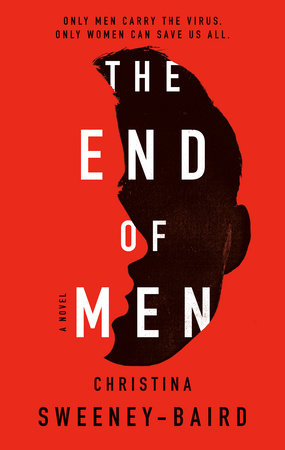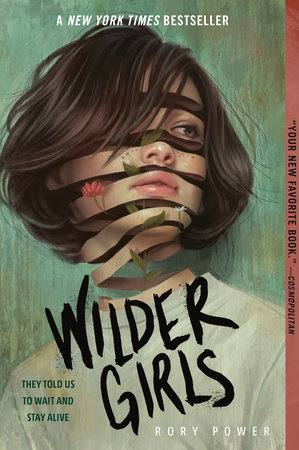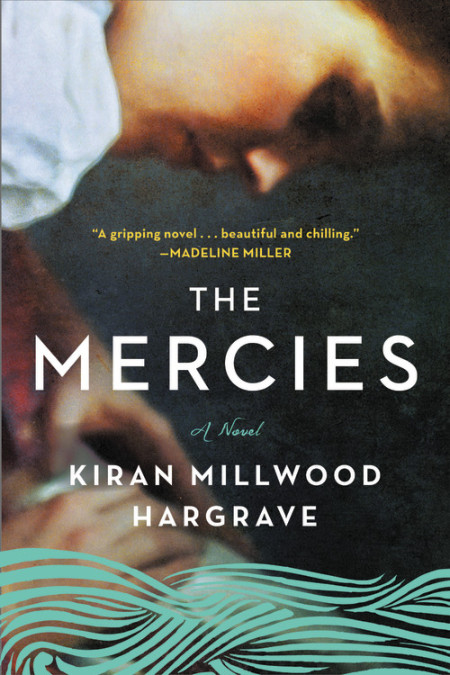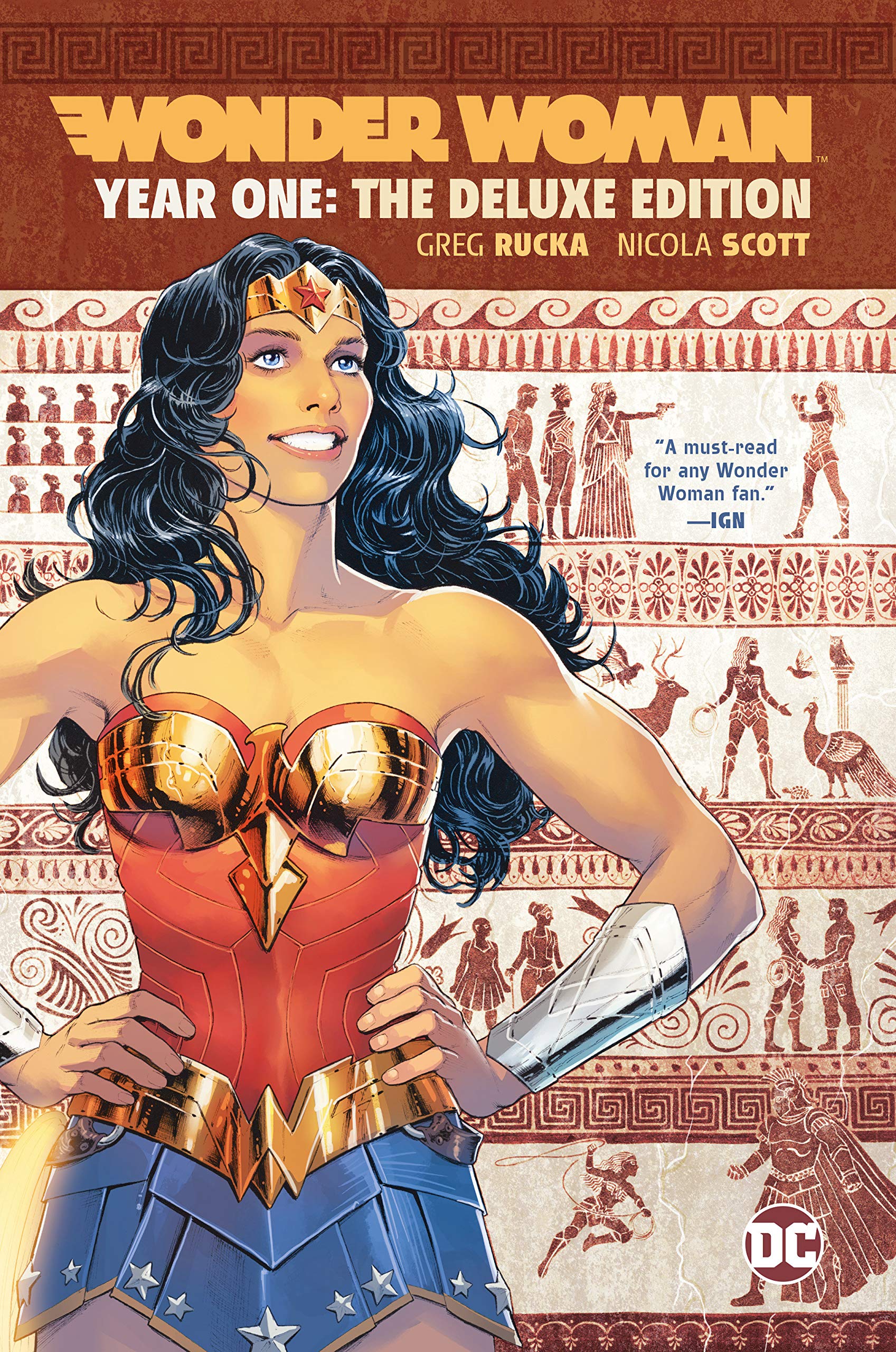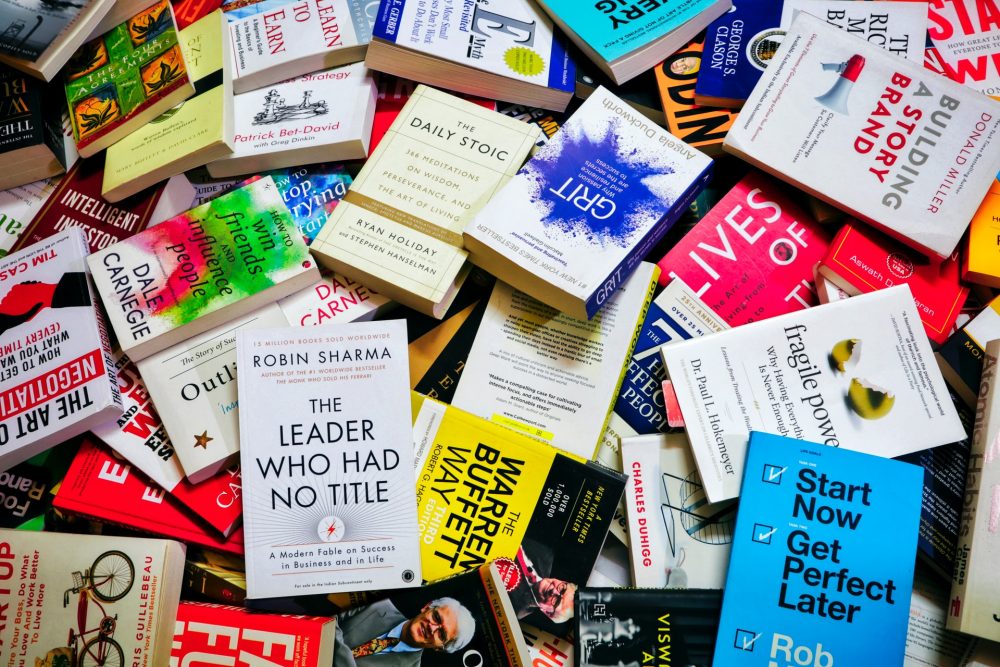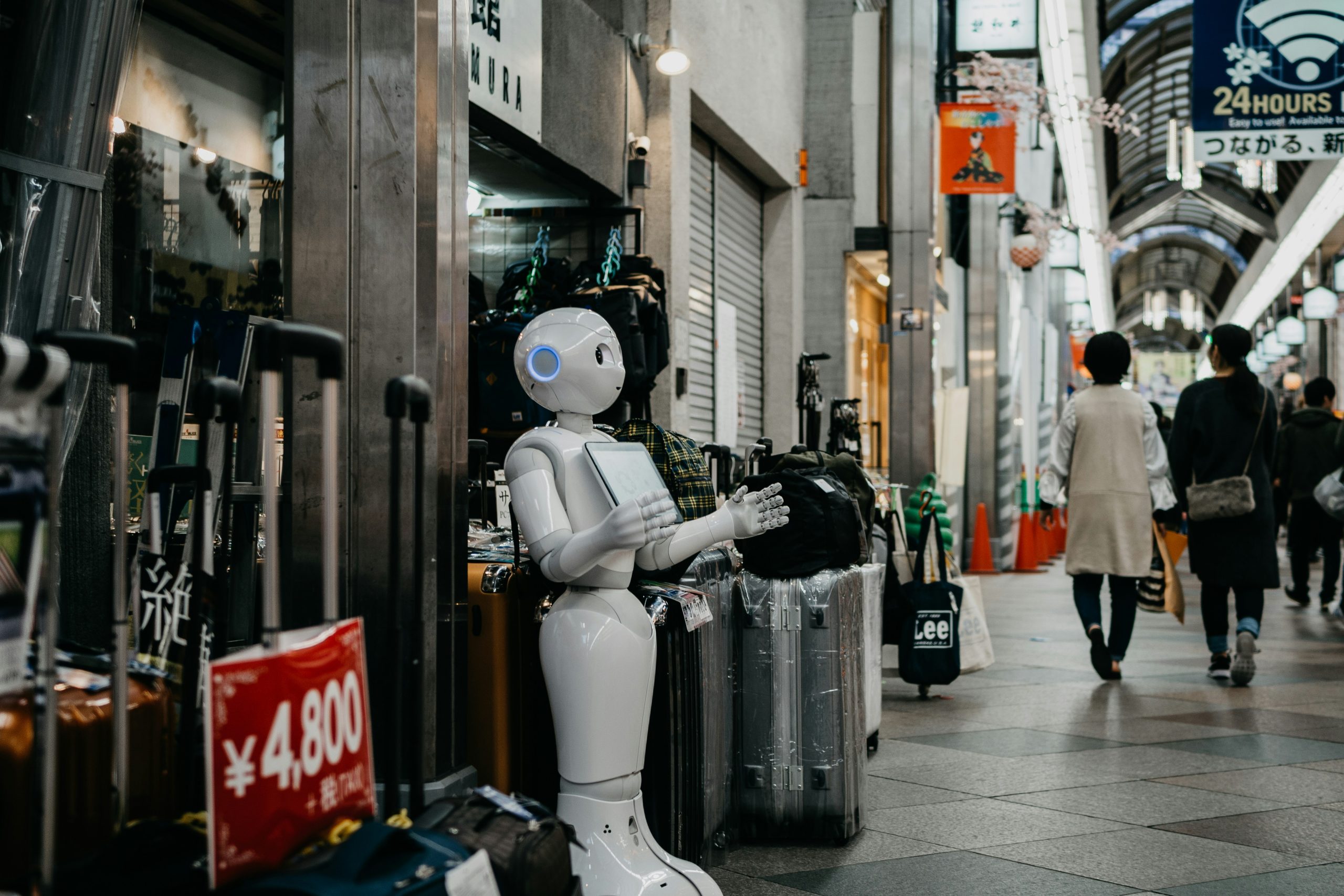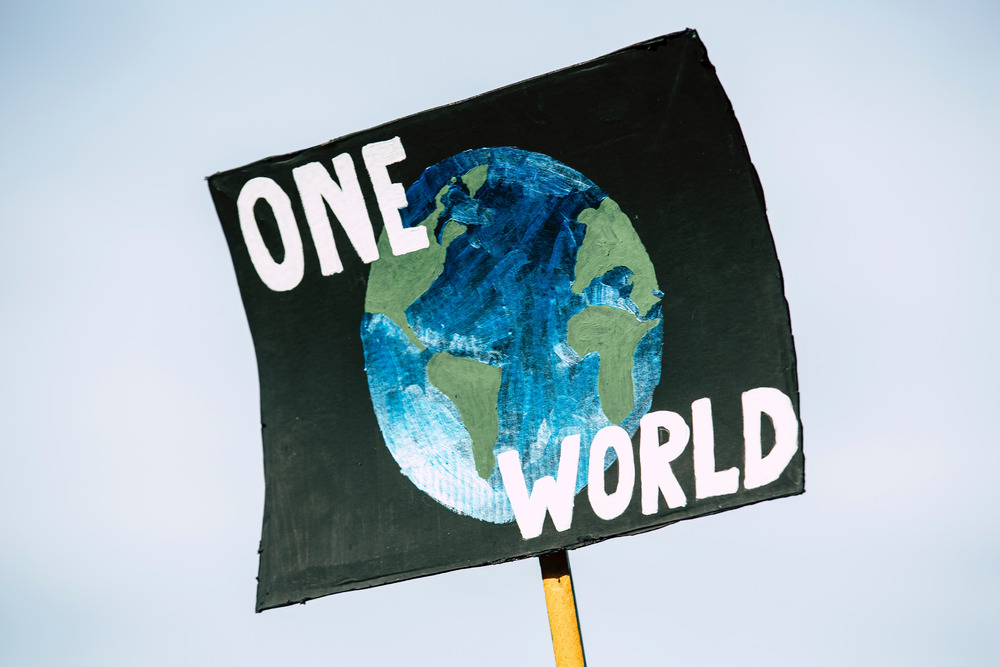Reading Lists
Books That Imagine a World Without Men
Christina Sweeney-Baird, author of "The End of Men," on all-women utopias and dystopias

What would the world look like without men? How would countries function with governments led by women? Would workplaces become less toxic and hostile? What would the cultural shift in what we read, watch, and listen to look like? The speculative exercise of imagining the world with only women made me think in a different way about the gender dynamics at play in our patriarchal society today.
My debut novel The End of Men explores a world in which a pandemic quickly kills 90% of the world’s male population while women are immune. Set between 2025 and 2031, the book follows Amanda Maclean, the Scottish doctor who treats Patient Zero and is trying to keep her husband and sons safe; Catherine Lawrence, an anthropologist who is determined to tell the stories of those who are lost and left behind; and Lisa Michael, a virologist trying to create a cure.
Truly memorable speculative fiction blends the practical and the emotional. In The End of Men, I wanted to show a hyper-realistic speculative vision of a world in which only 10% of men survive and the world must reshape and rebuild in a totally different way. But I also wanted to dig into the emotional ramifications of this new society. What does it feel like to be widowed or lose your partner when almost every other woman in a straight relationship has also experienced that loss? How do you recover from the loss of sons and brothers and fathers and friends?
Here are seven books that show, in some way, what a world could look like without men.
Outlawed by Anna North
This short, perfectly-plotted novel follows Ada as she is forced to leave her town and becomes an outlaw. Set in the 1800s, decades after a plague has killed the majority of the population, it’s a woman’s ability to bear children that determines her value and safety in this new world. Ada finds a gang of outlaws—all women and non-binary people—who have created a safe oasis for themselves outside of the confines of this dystopian world.
Wilder Girls by Rory Power
This intensely creepy YA novel follows a core trio of three friends at a school taken over by “the Tox,” a terrifying disease that causes their bodies to break apart. The three main characters— Hetty, Reese and Byatt—have lived like this for two years. Their girls-only boarding school is on an island, with only a few female teachers to keep them sane and safe (or so you would hope). When Byatt goes missing, Hetty does everything she can to find her. Men are introduced later in the book, but the central core of a group of women—physically falling apart, isolated, but with close, twisty, dark friendship bonding them—is what drew me in.
Invisible Women: Exposing Data Bias in a World Designed for Men by Caroline Criado-Perez
This isn’t technically a book showing a reality without men, but it is an extraordinary piece of non-fiction that shows how different the world would look if it wasn’t built by and for men. Covering everything from the lack of testing of drugs on women which puts our health at risk to how cars are more dangerous for women to the fact that entire cities are designed without women’s needs in mind, this book both enraged and galvanized me.
The Mercies by Kiran Millwood Hargrave
After a storm kills the grown men of a Norwegian island, Vardø, only women and 13 boys and elders are left. From the first pages of this gorgeously written historical novel, my heart was in my mouth. The gripping aftermath of the storm shows how the women have to reform their identities and relationships that have been defined by their husbands, fathers, and sons. The exploration of women’s power and resilience is brilliantly done, and its intersection with witchcraft and indictment of men who fear women make it one of my favorite novels.
The Water Cure by Sophie Mackintosh
Three sisters live on an eerie island, looked after by their parents in a world that is post-apocalyptic and unexplained. After their father doesn’t return from a supply trip, the girls start to break apart their mother’s explanations and things become stranger. An insular, claustrophobic novel in which the few men who appear are out of place and unwelcome in this female world, The Water Cure is an exploration of control, sisterhood, family, and what it means to be “safe” as a woman.
The Female Man by Joanna Russ
A sci-fi classic, this weird and spiky novel uses multiple, parallel universes to explore gender, reproduction (children are born through the merging of ova), and radical ideas of childcare. One of the four worlds of the novel, Whileaway, is a female-only utopian society in which men supposedly died many hundreds of years ago (starting in “PC 17,” PC being Preceding Catastrophe) from a plague to which women are immune.
Wonder Woman: Year One by Greg Rucka and Nicola Scott
It would feel remiss not to include the ultimate, fantastical women-only world. Wonder Woman’s homeland—Paradise Island, also known as Themyscira—is an island from which men are banned under the penalty of death. The comic, a favorite of mine, follows Diana’s first year protecting the earth.




